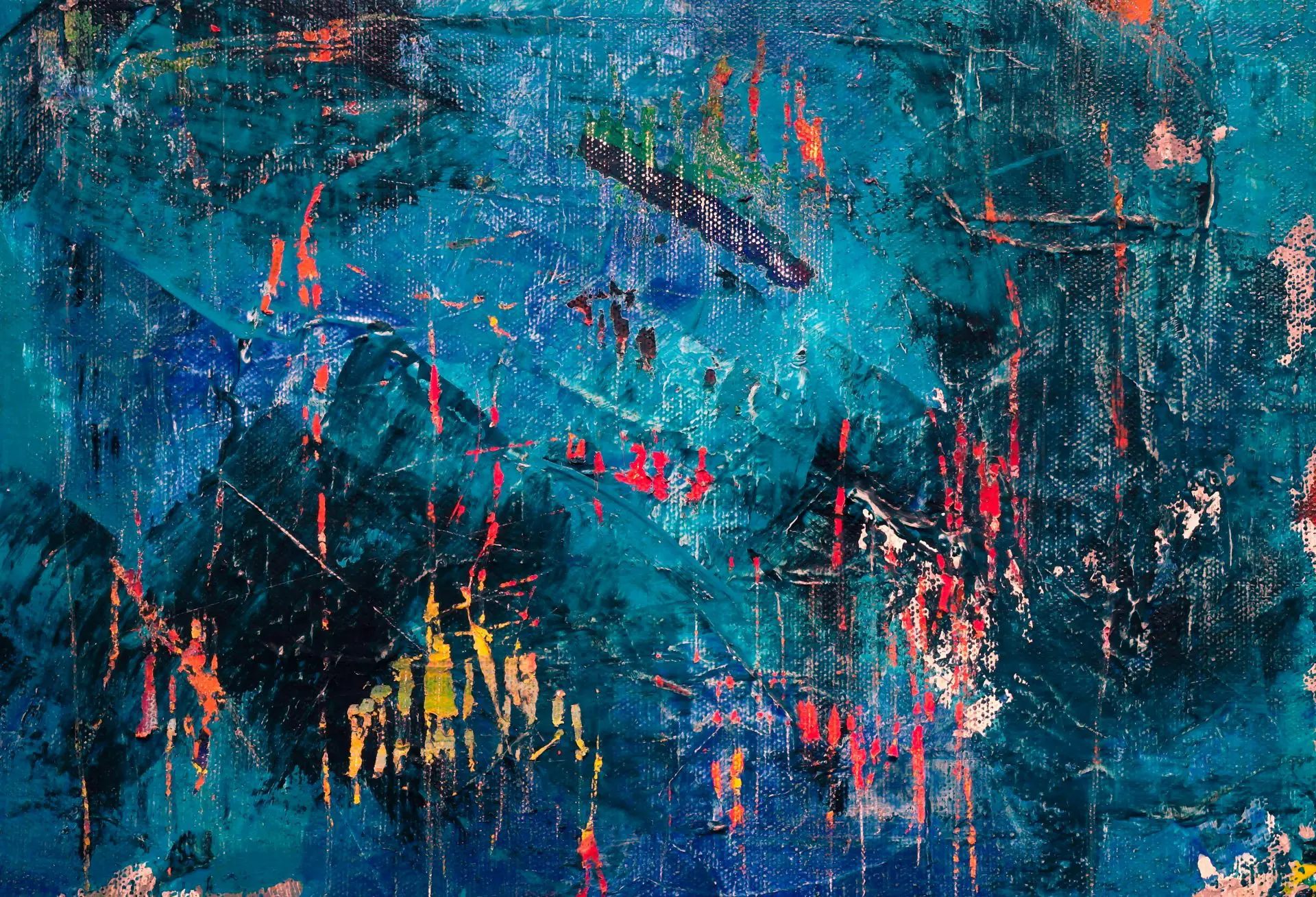Living in Wu Wei: Embracing Effortlessness

Looking for more amazing products? Check out our online store and explore our collection here! Happy shopping!
Before diving in, please note: This post is for informational purposes only. If you’d like to know more about how we approach topics, feel free to check out our friendly Disclaimer Page.
Hey there, amazing readers! 
We’re committed to delivering quality posts, and your support (even just sticking around despite the ads) means everything to us. So, bear with us, and thanks for helping us keep the good vibes rolling. Now, on to the fun stuff!
TRANSLATE BUTTON AT THE END OF THE ARTICLE
A Quick Overview
Living in Wu Wei, the art of effortlessness, is a concept rooted in Taoist philosophy that emphasizes the importance of going with the flow, embracing the natural rhythm of life, and finding harmony through non-action.
By surrendering control, cultivating spontaneity, and practicing mindfulness, individuals can experience less stress, more joy, and a deeper sense of inner peace and fulfillment.
This article explores the origins of Wu Wei, its application in daily life, the benefits it offers, and how to overcome challenges in integrating it into various aspects of life.
Understanding Wu Wei: The Art of Effortlessness
Wu Wei, often translated as "non-action" or "effortless action," is a central tenet of Taoist philosophy that emphasizes the idea of flowing with the natural order of things rather than trying to force outcomes through excessive effort.
It is about aligning oneself with the Tao, or the underlying principle of the universe, and allowing things to unfold naturally without resistance.
In essence, Wu Wei is about doing without doing, acting without forcing, and achieving without striving.
The Origins of Wu Wei in Taoist Philosophy
The concept of Wu Wei can be traced back to ancient Chinese philosophy, particularly in Taoism, where it is seen as a fundamental principle for living in harmony with nature and the cosmos.
Tao Te Ching, a classic Taoist text attributed to Lao Tzu, emphasizes the importance of Wu Wei in achieving balance, spontaneity, and inner peace.
It teaches that by acting in accordance with the Tao and letting go of attachment to outcomes, individuals can find true fulfillment and contentment.
Embracing the Concept of Non-Action in Daily Life
In practical terms, embracing Wu Wei in daily life involves letting go of the need to control every aspect of one’s existence and instead trusting in the natural order of things.
It means being present in the moment, accepting things as they are, and responding to situations with grace and ease rather than resistance or force.
By cultivating a mindset of non-attachment and surrendering to the flow of life, individuals can experience a greater sense of peace and harmony in their interactions with the world.
Finding Balance and Harmony through Wu Wei
By practicing Wu Wei, individuals can find a sense of balance and harmony in all aspects of their lives – from relationships and work to personal growth and self-care.
By letting go of the need to constantly strive and control outcomes, individuals can cultivate a greater sense of peace, joy, and fulfillment.
Through non-action, individuals can learn to trust in the process of life and allow things to unfold naturally, leading to a more harmonious existence.
Letting Go of Control and Surrendering to the Flow
One of the key principles of Wu Wei is letting go of the illusion of control and surrendering to the flow of life.
This means accepting that not everything is within our power to change and that sometimes the best course of action is to simply let things be.
By releasing the need to micromanage every aspect of our lives, we can experience greater freedom, peace, and alignment with the natural order of things.
Cultivating Spontaneity and Naturalness in Actions
Embracing Wu Wei also involves cultivating spontaneity and naturalness in our actions.
This means being present in the moment, trusting our intuition, and allowing our actions to arise organically from a place of inner wisdom.
By letting go of rigid plans and expectations, we can tap into our innate creativity and respond to life’s challenges with grace and flexibility.
Through spontaneity, we can experience a sense of flow and ease in our interactions with the world.
The Benefits of Living in Wu Wei: Less Stress, More Joy
By living in Wu Wei and embracing the art of effortlessness, individuals can experience a wide range of benefits, including reduced stress, increased joy, and a greater sense of inner peace.
By letting go of the need to constantly strive and control outcomes, individuals can free themselves from the burden of excessive effort and find a deeper sense of contentment in the present moment.
Through non-action, individuals can cultivate a greater sense of harmony and balance in their lives, leading to a more fulfilling existence.
Overcoming Challenges in Applying Wu Wei Principles
While the concept of Wu Wei may seem simple in theory, it can be challenging to apply in practice, especially in a world that values productivity, achievement, and control.
One of the key challenges in embracing Wu Wei is letting go of the ego’s need for validation and recognition, and instead trusting in the process of life to unfold in its own time.
By practicing mindfulness, self-awareness, and self-compassion, individuals can overcome these challenges and cultivate a greater sense of ease and flow in their daily lives.
Practicing Mindfulness and Presence in the Moment
One way to enhance the practice of Wu Wei is through mindfulness and presence in the moment.
By being fully aware of our thoughts, feelings, and actions in the present moment, we can cultivate a greater sense of clarity, focus, and peace.
Mindfulness allows us to observe our impulses and reactions without judgment, and instead respond to situations with wisdom and compassion.
By practicing mindfulness, individuals can deepen their connection to the present moment and experience a greater sense of alignment with the natural flow of life.
Letting Nature Be Your Guide in Embracing Effortlessness
Nature serves as a powerful teacher in understanding the principles of Wu Wei.
By observing the natural world – from the ebb and flow of the tides to the changing seasons – we can learn valuable lessons about the art of effortlessness and non-action.
Nature operates effortlessly, without resistance or force, and by aligning ourselves with its rhythms, we can tap into a deeper sense of harmony and balance.
By letting nature be our guide, we can learn to trust in the process of life and surrender to the flow with grace and ease.
Integrating Wu Wei into Relationships and Work Life
Wu Wei can also be applied to relationships and work life, where the principles of non-action and effortlessness can foster greater connection, communication, and collaboration.
By letting go of the need to control outcomes and instead trusting in the natural order of things, individuals can cultivate healthier, more harmonious relationships with others.
In the workplace, embracing Wu Wei can lead to increased creativity, productivity, and satisfaction, as individuals learn to work with the flow of energy rather than against it.
Embracing Effortlessness as a Path to Inner Peace and Fulfillment
In conclusion, embracing Wu Wei and the art of effortlessness offers a profound path to inner peace, harmony, and fulfillment.
By surrendering control, cultivating spontaneity, and practicing mindfulness, individuals can experience less stress, more joy, and a deeper sense of connection to the world around them.
Through non-action, individuals can align themselves with the natural order of things and find a greater sense of balance and harmony in all aspects of their lives.
Embracing effortlessness is not about doing nothing, but rather about doing things with grace, ease, and intention – trusting in the process of life to unfold in its own time.

The Enlightenment Journey is a remarkable collection of writings authored by a distinguished group of experts in the fields of spirituality, new age, and esoteric knowledge.
This anthology features a diverse assembly of well-experienced authors who bring their profound insights and credible perspectives to the forefront.
Each contributor possesses a wealth of knowledge and wisdom, making them authorities in their respective domains.
Together, they offer readers a transformative journey into the realms of spiritual growth, self-discovery, and esoteric enlightenment.
The Enlightenment Journey is a testament to the collective expertise of these luminaries, providing readers with a rich tapestry of ideas and information to illuminate their spiritual path.
Our Diverse Expertise
While our primary focus is on spirituality and esotericism, we are equally passionate about exploring a wide range of other topics and niches 

To ensure we provide the most accurate and valuable insights, we collaborate with trusted experts in their respective domains 
Our blog originally focused on spirituality and metaphysics, but we’ve since expanded to cover a wide range of niches. Don’t worry—we continue to publish a lot of articles on spirituality! Frequently visit our blog to explore our diverse content and stay tuned for more insightful reads.
Hey there, amazing reader! 
Check out our store here and take a peek at some of our featured products below! Thanks for being awesome!










